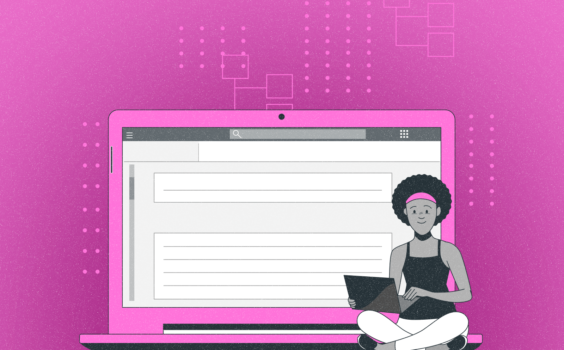After Monitoring Employees You Found Out They are Cheating – What Should You Do Next?

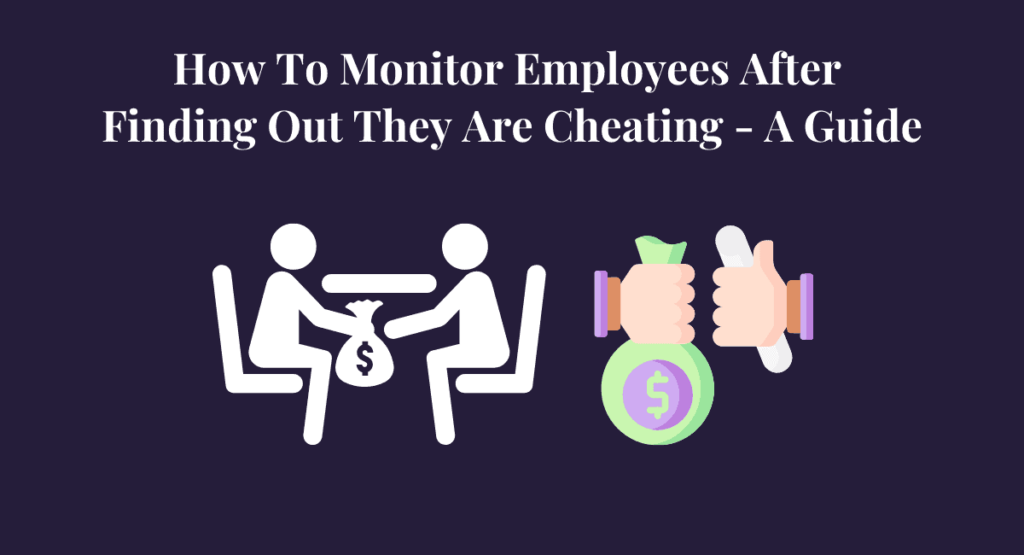
If you have recently discovered that one or more of your employees are cheating on their job, you may feel various emotions. Shock, betrayal, and anger are common reactions to finding out that someone you trusted has been lying to you.
Now what? How do you move forward from here?
This blog post will inform the steps you should take after monitoring employees and discovering they are cheating.
What is employee monitoring?

Employee monitoring is the process of observing and tracking employee behavior.
Employee monitoring uses various tools and systems to track employee productivity and behavior. The monitoring tools include electronic monitoring (such as computer usage monitoring software), video surveillance, or GPS tracking.
An employee monitoring system is a tool used by employers to track employee productivity and compliance. Employee monitoring systems can take many forms, from simple time-tracking software to more sophisticated tools that monitor employee activity on company computers and devices.
Employee monitoring systems mostly run with other employee management tools, such as performance review software. Employers typically use employee monitoring systems to improve productivity and identify areas where employees may need training.
An employee monitoring tool can also raise privacy concerns for employees. When designing an employee monitoring system, it is crucial to balance the business’s needs and employees’ privacy rights.
Employee compliance with company policy. In some cases, employee monitoring may protect company data and resources from unauthorized access or theft.
Why is employee monitoring important?
“Another reason productivity is down among at-home workers: Some are cheating on their employers.” David Wetherell.
Employee monitoring is vital for a variety of reasons. Perhaps most importantly, it can help to measure productivity levels.
By understanding how employees use their time, employers can make informed decisions about allocating resources. Additionally, employee monitoring can help to identify areas where training or process improvements may be necessary.
In some cases, it may also detect potential security risks, such as unauthorized access to confidential data. By taking a proactive approach to employee monitoring, businesses can safeguard their operations and ensure their employees can work at their full potential.
How to monitor employees?
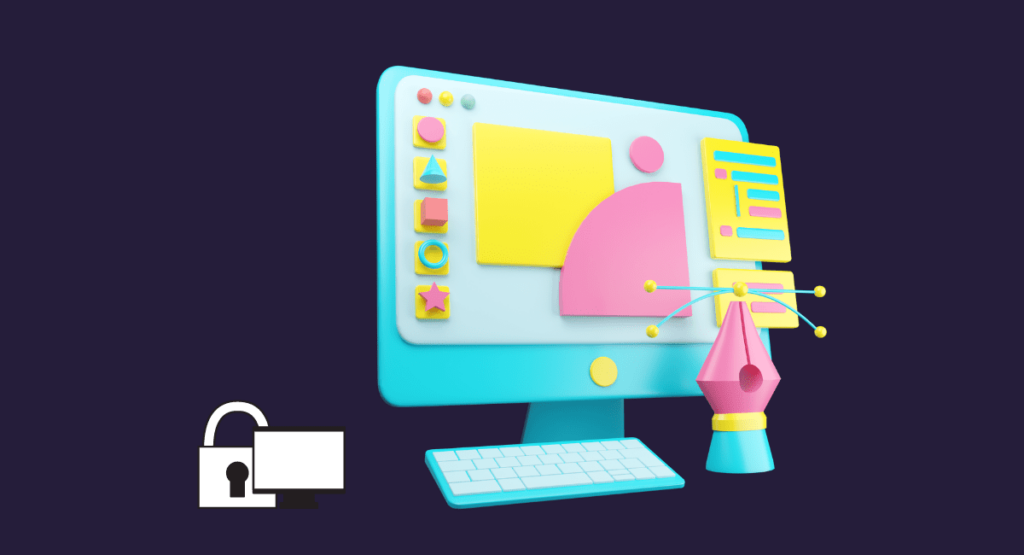
Employee monitoring is the process of tracking employee activity in the workplace and monitoring through various tools, including employee monitoring software, surveillance cameras, and GPS tracking devices.
Employee monitoring can help businesses to improve productivity, detect security threats, and prevent data leaks. However, ensuring that employee monitoring support to respect employee privacy and comply with data protection laws is crucial.
Employee monitoring software can track employee email and internet usage, monitor employee computer activity and even keep track of employee physical activity. Employee monitoring tools can also set productivity goals and monitor employee progress toward these goals.
In short, employee monitoring tools and software can be invaluable for employers who want to keep tabs on their employees. When employee monitoring performs well, it can be a valuable tool for businesses of all sizes.
The benefits of employee monitoring
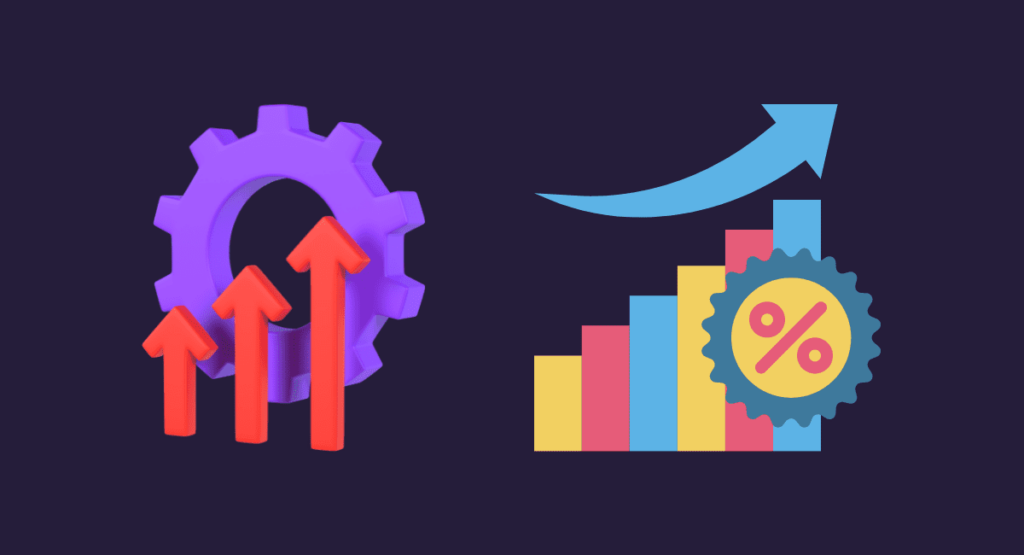
There are many benefits of employee monitoring. Perhaps most importantly, it can help to improve productivity levels. In addition, employee monitoring can help improve communication between employees and managers and help ensure that employees use company resources effectively.
When productivity levels are improved, this often leads to increased profits for the company. In addition, better communication can lead to a reduction in workplace conflict. Finally, effective resource use can help to save the company money.
Tracking employee email and internet usage can help to monitor productivity levels and ensure that employees are not spending too much time on personal activities during work hours.
Monitoring phone calls can help improve communication by ensuring employees are not spending too much time on personal calls during work hours.
In addition, GPS tracking can help monitor employee movements to ensure that they are staying on task and not taking extended breaks or visiting places unrelated to work.
Employee monitoring can provide many benefits for both employers and employees. Companies can save money and improve their bottom line by improving productivity levels, communication, and resource use. In addition, employees can benefit from a better understanding of their job desk and a reduced workplace conflict.
Get more out of your business
Get the best employee engagement content every week via mailing list
The consequences of not monitoring employees’ work
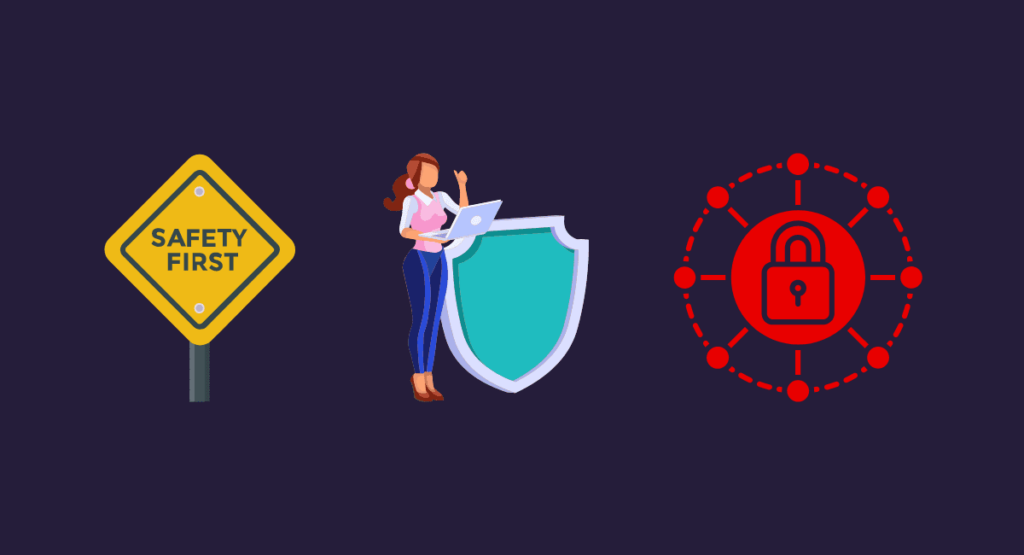
If you don’t monitor your employees, you may never know when they are cheating. This can lead to several problems, including:
- You could be paying them for work they’re not doing.
- They could be stealing company resources or information.
- They could be creating a hostile work environment.
- They could be jeopardizing the safety of themselves and others.
- Juggled in two-full time jobs.
How to investigate cheating employees?
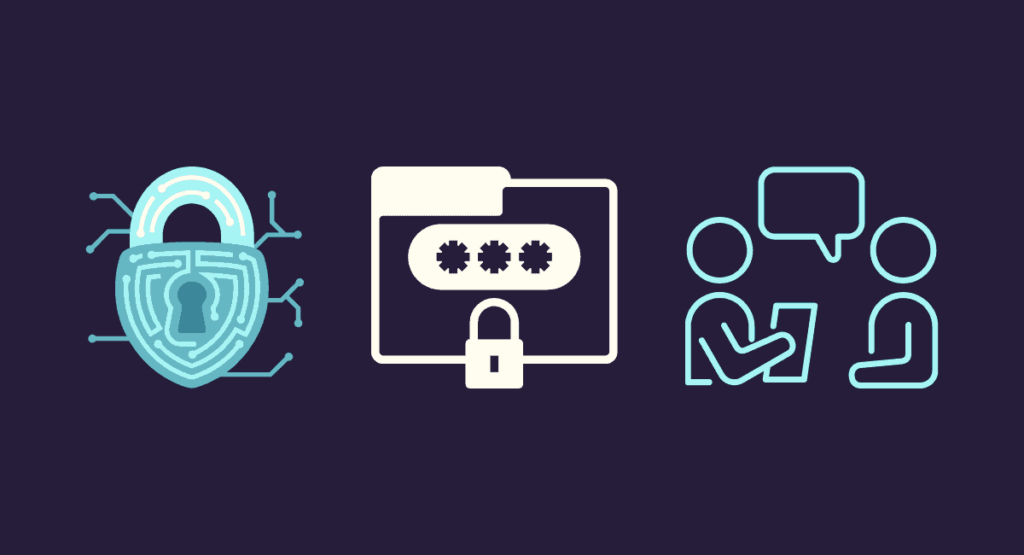
If you suspect your employees are cheating, you can take a few steps to investigate.
First, review any employee monitoring data you have collected. The review could include data from employee monitoring software, surveillance cameras, or GPS tracking devices.
Next, speak to the employees in question and ask them about their behavior. Be sure to give them a chance to explain themselves and their actions.
Finally, consult with other employees or managers to see if they have noticed any suspicious behavior. After you have all the evidence, you can decide how to proceed.
If you find your employees cheating, you may decide to confront them, provide counseling or training, or take disciplinary action. In some cases, you may decide to terminate the employees in question.
Employee cheating can be costly for companies and can lead to many problems. By monitoring your employees and taking quick action when there is a cheating employee, you can help to protect your business.
Steps to take after investigating cheating employees

Once you have gathered sufficient evidence to support your suspicion that an employee has been cheating, it is crucial to proceed with caution.
Firstly, you will need to review any electronic communication between the employee in question and any third party. Electronic communications include email, instant messaging, and social media. Employees may protect these communications under the Electronic Communication Privacy Act, so it is essential to consult with counsel before reviewing them.
- Ensure electronic communications from the investigation are not stored on any company devices or servers. The servers include cloud storage services like Dropbox or Google Drive.
- If possible, encrypt all electronic communications related to the investigation. The encryption will make it more difficult for anyone to access the information without permission.
Once you have reviewed the electronic communications, you should interview the employee. During the interview, allow the employee to explain their side of the story. After taking these steps, you can determine whether or not the employee has been cheating and take appropriate disciplinary action.
How to prevent employees from cheating?
After monitoring your employees and discovering that they have been cheating, the next step is to take preventative measures to ensure that this does not happen again.
One way to do this is to review your company’s policies and procedures related to employee conduct. Make sure you have a clear policy that prohibits cheating and outlines the disciplinary actions that the company will take if it occurs.
Additionally, you should train your employees on these policies and monitor their behavior to ensure they follow them. Additionally, you may want to consider installing software that can help you monitor employee activity, such as computer monitoring software or phone tracking software.
Software monitoring can help you detect if employees are cheating or engaging in other inappropriate behavior. You can help ensure that your employees are honest and trustworthy and that your business avoids the damages caused by cheating.
Tips for effective employee monitoring
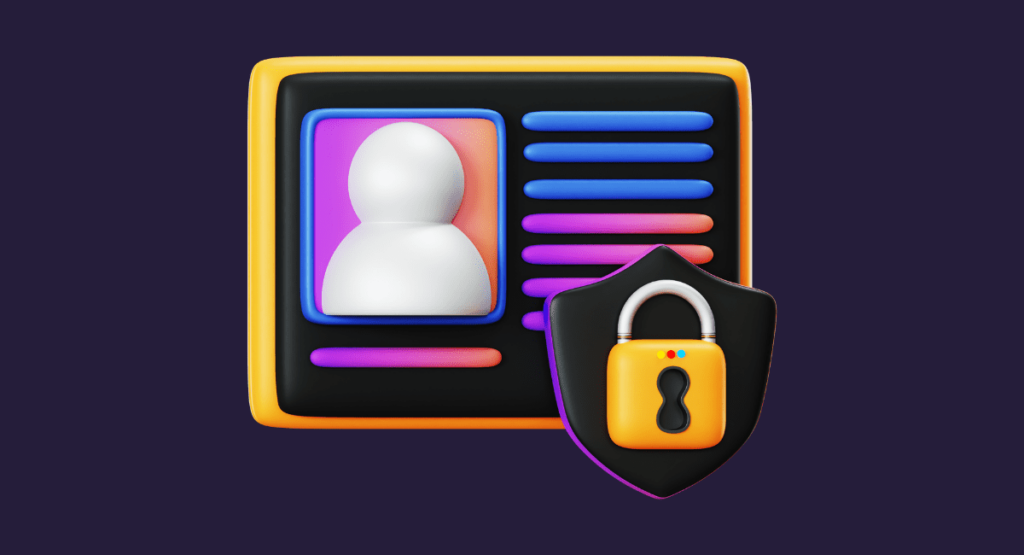
Employee monitoring has become increasingly common in the modern workplace. As electronic communications have become the norm, employers have increasingly turned to electronic means of monitoring their employees.
However, before implementing any monitoring program, it is essential to consider the potential legal implications. The Electronic Communications Privacy Act prohibits employers from intercepting or accessing employee communications without consent in the United States.
Employers should be aware that state laws often protect employee data, so it is essential to consult with an attorney before implementing any electronic monitoring program. By taking these precautions, employers can ensure that their employee monitoring program is effective and compliant with the law.
Additionally, employers should be aware that they may collect personal data about their employees if they monitor electronic communications. As a result, any employee monitoring program implementation should comply with these legal considerations in mind.
Employers should consider its purpose and scope when designing an employee monitoring program. Establishing clear goals for the program will help to ensure that it is effective and does not violate employee privacy rights.
For example, if the program aims to detect security threats, it should focus on electronic communications likely to contain sensitive information. On the other hand, if the program’s purpose is to monitor employee productivity, it should focus on work-related electronic communications.
By clearly defining the program’s goals, employers can help ensure that it is legal and effective.
Update or modernize employee monitoring tools.
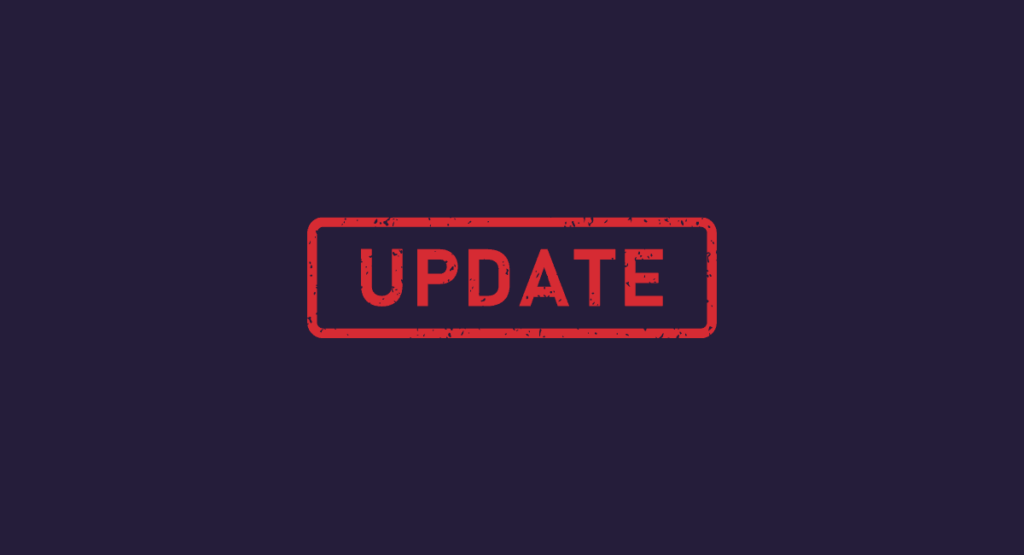
As technology evolves, so too do the tools available for employee monitoring. Employers should periodically review their employee monitoring program to ensure it uses the most up-to-date tools and techniques.
For example, newer versions of computer monitoring software may be more effective at detecting certain types of employee misconduct. Additionally, more recent phone tracking software may monitor employee communications on various devices.
It uses the most up-to-date tools and techniques to keep up with the latest technology.
For example, many employers now use computer monitoring software to monitor employee activity on company computers. This software can track which websites employees visit, what they type into search engines, and which files they download.
Additionally, employers may use phone tracking software to monitor employee communications on company-issued phones. This type of software can track calls, texts, and email messages.
Employers should also be aware of data breaches when collecting employee data. Employers should take steps to protect any data that is collected.
The protection includes:
- Encrypting data.
- Storing it in a secure location.
- Ensuring that only authorized individuals can access it.
By taking these precautions, employers can help prevent sensitive employee data from falling into the wrong hands.
Update your internal company policies.
In addition to updating your employee monitoring program, you should also update your internal company policies. The policy includes your policy on electronic communications and your policy on data collection and storage.
Your company’s policy on electronic communications should reflect your updated employee monitoring program. For example, if you are now monitoring employee email messages, your policy should state that employees should not expect privacy when using company email.
Your company’s data collection and storage policy should also reflect your updated employee monitoring program. This policy should state how employee data will be collected, stored, and used.
It should also specify which individuals will have access to this data. Updating your internal company policies can help ensure that your employee monitoring program complies with the law.
Monitoring employees can help employers detect and prevent misconduct. However, employee monitoring programs implementation should be careful to avoid violating employee privacy rights.
Employers should consider the purpose and scope of their program, update it regularly, and have clear policies in place. By taking these steps, employers can help ensure that their employee monitoring program is legal and effective.
What other tools to monitor employees?

Employers should consider the purpose of their employee monitoring program and choose the most appropriate tool for their needs. Additionally, employers should regularly update their employee monitoring program to ensure it uses the most up-to-date tools and techniques.
Some common tools for employee monitoring include:
Phone tracking software
This software can track calls, texts, and email messages.
Time tracking software
This software can track how much time employees spend working on tasks.
GPS tracking
This software can track an employee’s location.
Social media monitoring
This software can monitor employees’ activity on social media.
Keystroke logger
This software can track what employee types into a computer.
Which tool you choose depends on the needs of your business. For example, if you are concerned about employee productivity, you may want to use time-tracking software.
If you are concerned about employee safety, you may want to use GPS tracking. Ultimately, the best tool for monitoring employees is the one that meets the specific needs of your business.
Conclusion
After monitoring employees and finding out that some are cheating, the next step is to take appropriate action. Depending on your company’s policies, this may involve disciplinary action, including termination.
If you have evidence of employee misconduct, it’s essential to act quickly and decisively so that other employees don’t get the idea that they can also get away with cheating.
Protecting the company’s reputation is also important by ensuring that any wrongdoing is dealt with transparently. Letting dishonest employees stay on staff will only damage your business in the long run.
